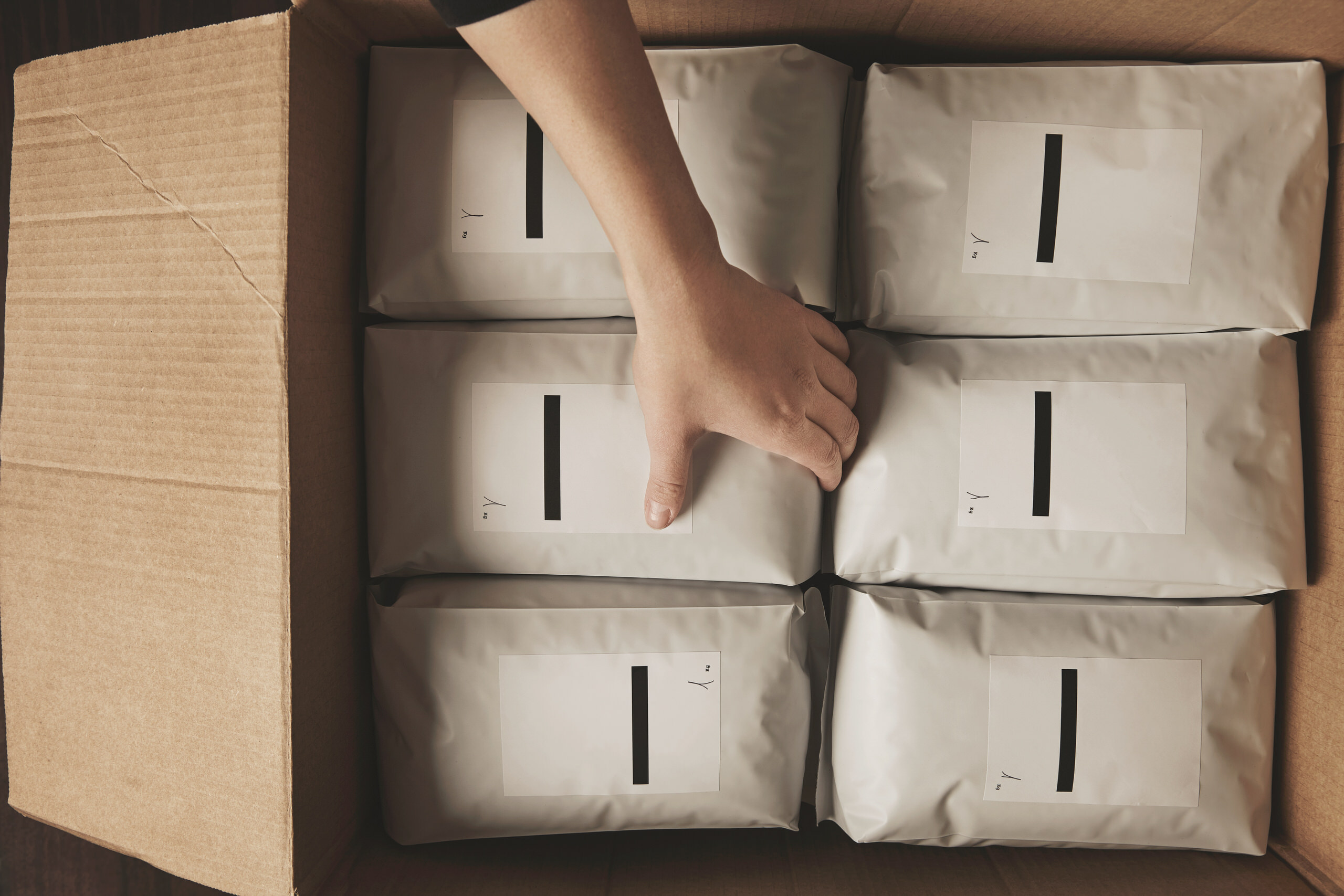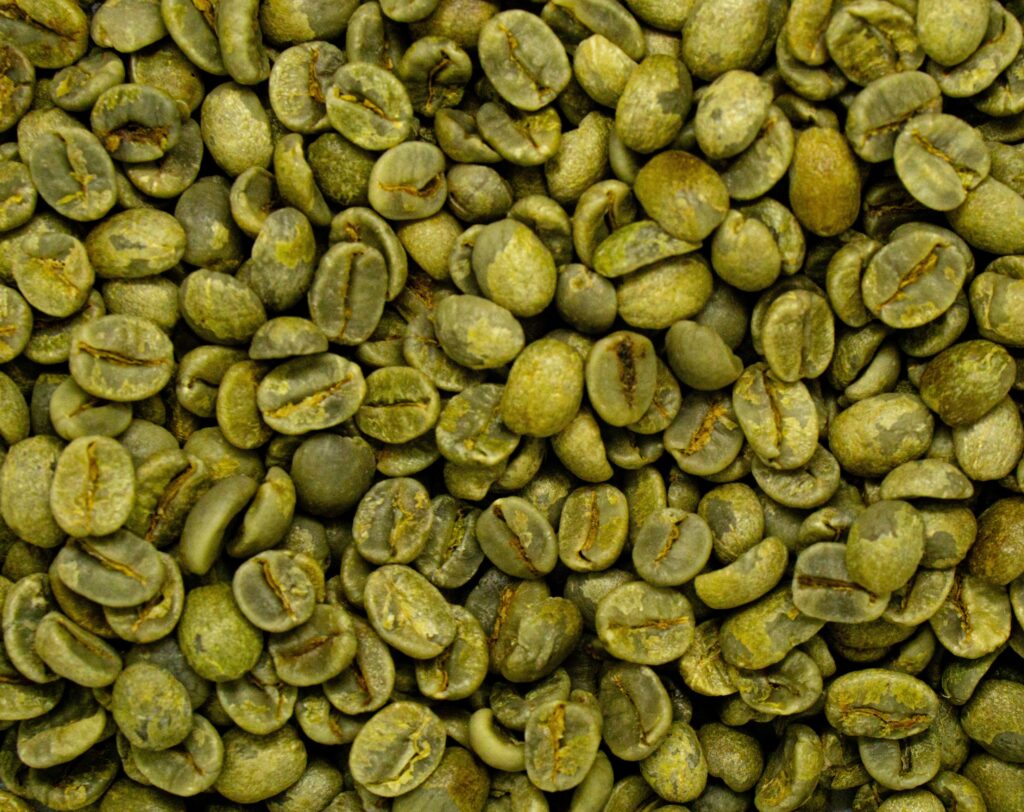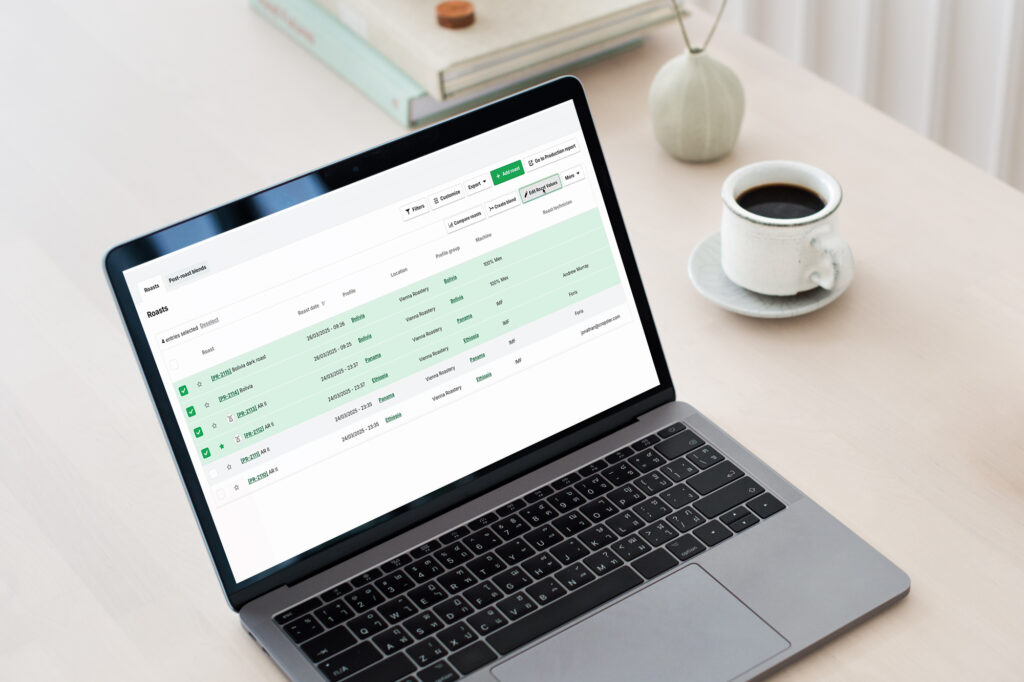Launching and Boosting Your Wholesale Program: Part 2

| Commerce
Written by Marcus Young, Katharina Witt, and Kelsey Maher
If you haven’t already, be sure to read part 1 of Launching and Boosting Your Wholesale Program!
Setting Yourself Up for Success
One way to successfully enter the wholesale / b2b marketplace is to play to your strengths. Is there an industry you previously worked in which might represent a unique business opportunity? Can you write a fun coffee column for your community newspaper? Are there community events where you or your team can offer a presentation, class, or demonstration that establishes you as the “coffee experts” to that community?
Find different kinds of business and community networking groups where you might meet and connect with potential customers. Many in sales find it much easier to position themselves as experts in the field, with the goal of leads proactively contacting you – rather than having to make endless cold calls.
Here I want to share an anecdote from a student and client I once advised:
My client was launching their coffee business, and they were struggling to enter the wholesale market. This client was pivoting into coffee after a previous career as a golf pro and golf instructor, who spent a lot of time working for golf courses around his community. Now I know nothing about golf, but I asked him how much business the restaurants at a typical golf course did during the morning hours (key coffee consumption time for Americans). His eyes lit up, and he said courses are often quite busy with golfers grabbing breakfast or a coffee before playing a round of golf, and even busier as golfers wrap up their game. To make a long story short, he returned home and started calling on the network he’d built from over a decade working in golf. He quickly landed his first wholesale accounts, two golf courses with an active morning clientele. Soon, he was delivering several hundred pounds of coffee each week to a handful of courses.
Many roasters have leveraged their love of motorcycles, cycling, and other passions into initial success in sales. Others have found luck approaching food service operators at previous employers, like hospitals or university campuses. The key is to realize you’re not roasting in a vacuum, and your community likely wants to see you and your business succeed. Use that to your advantage.
Successful sales partially depend on successful marketing. Setting up a plan to fill your sales pipeline is essential. Using an email marketing system that simplifies email newsletters, simplifies email followup, and tracks the success of your communications is a great way to simplify your marketing email outreach.
Other roasters have found success with direct mail campaigns, using physical mail to contact potential collaborators. Other classic marketing approaches include being listed in industry directories or using a coffee marketplace like those being developed by Cropster collaborator Beans.
Identifying local or industry influencers is also a great way to jumpstart your business. When I launched a roasting company in Kigali, Rwanda, one key to our early success was participating in local networking events where we brewed coffee and provided a simple coffee service free of charge, but with retail bags of coffee available for attendees to purchase. Many attendees at these events were entrepreneurs, local business leaders, or connected to the government through embassies and the local administration. The time spent at these events was significant, but so was the payoff. After a few months of attending, we were the de facto company that embassies, local entrepreneurs, and others would call when they needed coffee for their offices, kitchens, events, and other occasions.
Research is always essential. Know your prospective clients. Understand the sales potential of events you attend. You want to make sure they are the right fit for your company culturally and also represent sufficient opportunities to build your brand or generate revenue to justify your time and other costs.
Have the tools to close the deal
At all points of a sales conversation with prospective customers, you should be ready to close the deal. Be sure to have your pricing ready, including any volume or other discounts you are prepared to offer. If you require a contract, new customer information form, or other paperwork, have that on hand. It’s even a good idea to have some coffee available to leave as a first “delivery” to get a prospective client started in advance of their first formal order.
Much of this can be simplified by Cropster Commerce and our wholesale sales portal. The online portal makes it easy to set up new customers and capture all of their account information, payment information, and multiple team members who may place orders or review historical order data. The website also allows for custom pricing for each customer, and you can configure the store to show them only the merchandise and coffees they are able to order – simplifying the onboarding of new wholesale customers.
 Retaining Customers and Clients
Retaining Customers and Clients
Once you have customers, you need to retain them. Wholesale coffee is a competitive marketplace, and your competitors are trying to sell to your current customers too. Working with your customers once your business is established is essential. Use your CRM and other digital tools to regularly check in and follow up. Provide regular account check ups, review their order history, provide business advising and barista training. All of these activities take time and effort, but ultimately they can help your clients be more successful, and are important ways to build loyalty.
Tools like Cropster and our Beans B2B sales platform are key to customer relationships. With our advanced tools for wholesale accounts, your customers can place orders for the products they buy most frequently with just a few clicks. With our website tools you can cross market new products. You can even offer merchandise, bar supplies and allied products, and set yourself up as a one-stop shop for all of your customer’s needs.

The most important element to retaining customers is reliability and trust. A huge part of this comes from your staff and team and personal communication. It’s also important to fulfill orders on time and accurately. Cropster Commerce improves accuracy with a direct integration from WooCommerce or Shopify into Cropster’s Order to Roast and production planning modules – turning actual orders into roasting, packaging, and fulfillment reports for your clients.

Developing and growing a wholesale program for your roasting company is a lot of work, but it can also be exceptionally rewarding. The volumes of coffee that B2B accounts order will more than make up for margins which are smaller than those earned by direct consumer sales. With the right tools in place like Cropster Commerce, a personal focus on sales best practices, and an open mind for finding opportunities to network and engage the local business community, it’s possible to develop a loyal and devoted wholesale customer base.
Learn more about wholesale sales in our webinar, Wholesale Success for Coffee Roasters. Watch Now!

